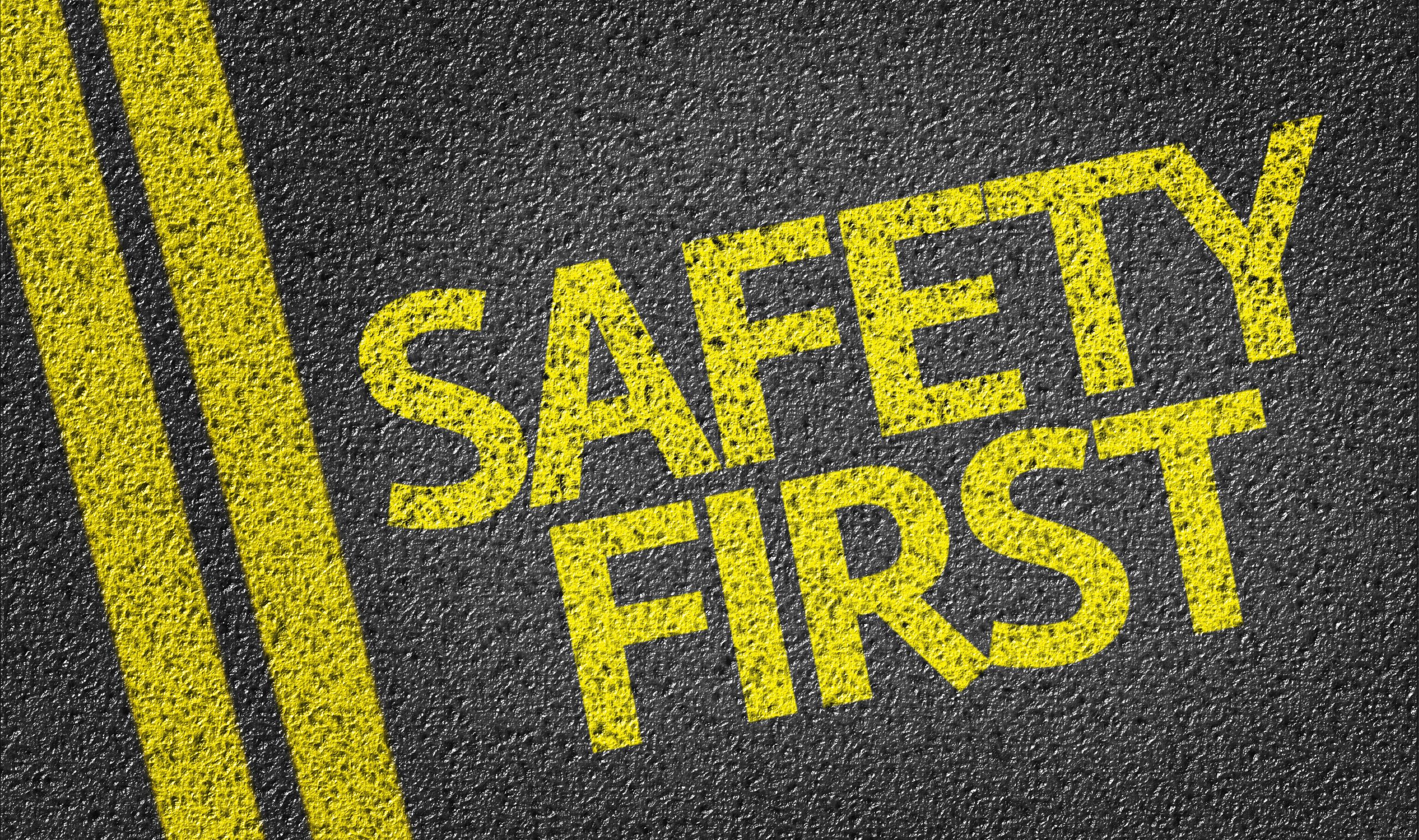Employers, said the two-year action plan, had “a major potential role to play in improving road safety on the roads through ensuring that their staff are properly prepared and motivated to drive and ride safely, and that they are using safe vehicles”.
With around one in three of all injury collisions on the road involving people at work, the Department for Transport’s ‘The Road Safety Statement 2019: A Lifetime of Road Safety’, outlines that the Government will:
- Work with commercial fleets, employers’ organisations and drivers to identify and promote good practices in work-related road safety
- Work with the Health and Safety Executive to review work-related road safety and the prevention of collisions at workplaces with a rural land focus
- Engage with fleet operators and the vehicle leasing sector through a series of outreach events to encourage safer private sector fleet vehicle equipment.
Other actions include:
- Consider if the penalty for not wearing a seatbelt should increase from a £100 on-the-spot fine to include penalty points on a driving licence. In 2017, 27% of car deaths involved people that were not wearing a seatbelt.
- Investigating whether vehicles should be fitted with alcolocks, devices which measure the alcohol in a driver’s breath and stop a vehicle from starting if that level is too high, in a bid to reduce drink-driving re-offending as part of rehabilitation programmes in the UK. The European Union has already announced that it wants all new cars produced after May 2022 to be fitted with alcohol detectors.
- Continuous campaigns focusing on drink-driving, using mobile phones while driving, speeding, and dangers around passenger distraction.
In other road safety measures, the Government is currently consulting on banning tyres aged 10 years and older from buses, coaches, minibuses and lorries. If proposals are supported, new laws could be introduced later this year, ready to come into force early 2020.